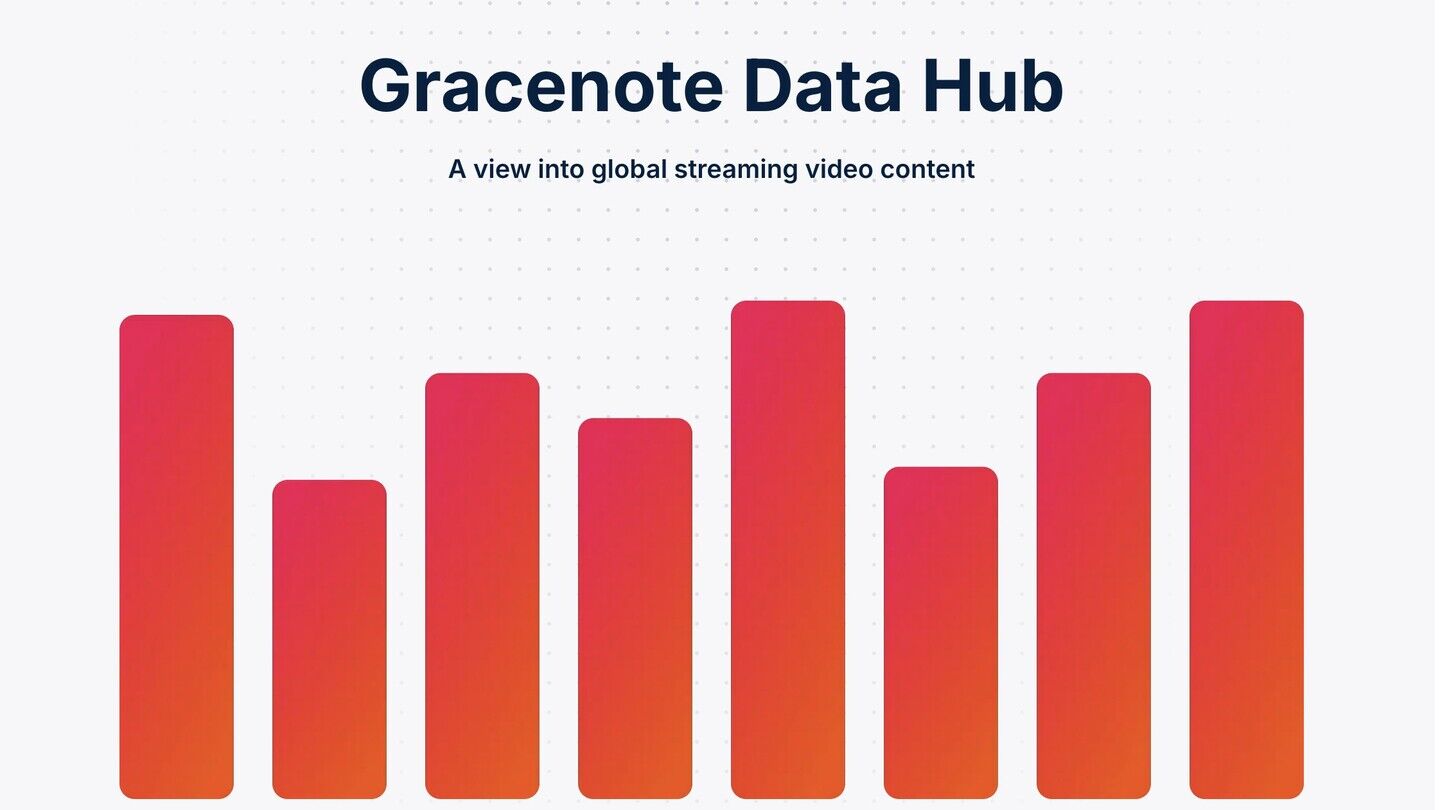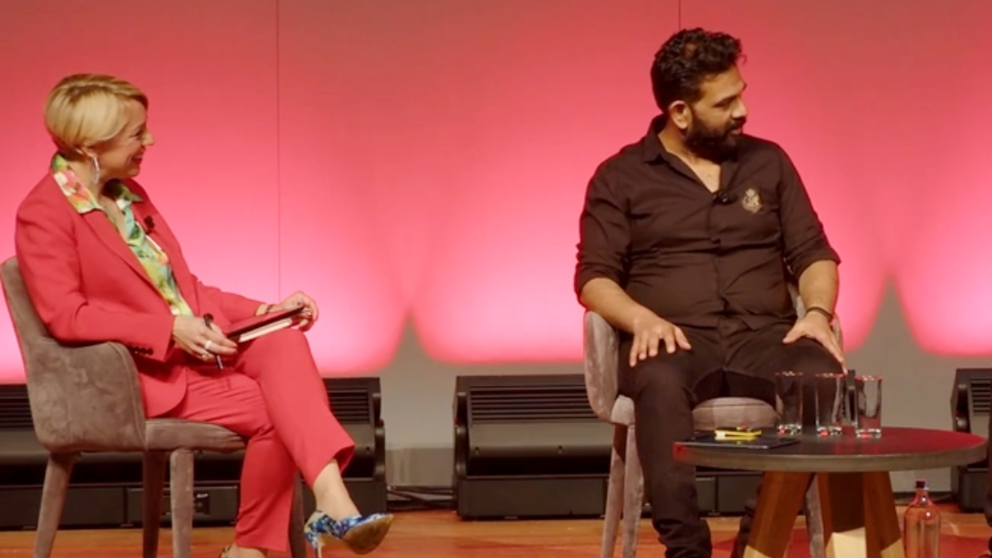AVOD revenues for TV series and movies will reach $70 billion in 2027, up from $33 billion in 2021, according to a study by Digital TV Research
The report predicts that 13 of the 138 countries covered will generate more than $1 billion in 2027, up from only five countries in 2021.

The US is currently the biggest AVOD market, home to platforms with ad supported offers such as Pluto, Roku, Tubi and Amazon Freevee (formerly IMDb TV).
The US AVOD market is projected to grow by $19 billion to $31 billion by 2027 – remaining the largest country by far.
Simon Murray, principal analyst at Digital TV Research, said: “The US has the world’s most sophisticated advertising industry by some distance, plus AVOD choice is greater in the US than anywhere else. The US will account for 46% of the global total by 2027, up from 39% in 2021.”
Second-placed China slumped in 2020 due to its economic downturn. It will take until 2024 for China to better its 2019 total. In 2021, the Chinese government clamped down on fan-based culture, which resulted in far fewer reality shows from the OTT platforms – and less viewer demand.
You are not signed in
Only registered users can comment on this article.

WBD mails definitive proxy statement to finalise Netflix merger
Warner Bros. Discovery (WBD) will hold a special meeting of shareholders to vote on the merger with Netflix on March 20, 2026. In the meantime, WBD has begun mailing the definitive proxy statement to shareholders for the meeting.

Sky's talks to acquire ITV slow down
Talks by Sky to acquire ITV’s broadcast channels and streaming platform have slowed in recent weeks, according to a report by Reuters.

Bytedance pledges to rein in Seedance AI tool
Chinese technology giant ByteDance has pledged to curb its controversial artificial intelligence (AI) video-making tool Seedance, following complaints from major studios and streamers.

Digital switch-off prospect nullifies Arqiva’s value
Arqiva’s main shareholder has admitted that its holding of the transmission company might be worth nothing.

Warner Bros Discovery mulls re-opening sales talks with Paramount
Warner Bros Discovery is considering reopening sale talks with Paramount Skydance Corp, according to a Bloomberg report.




